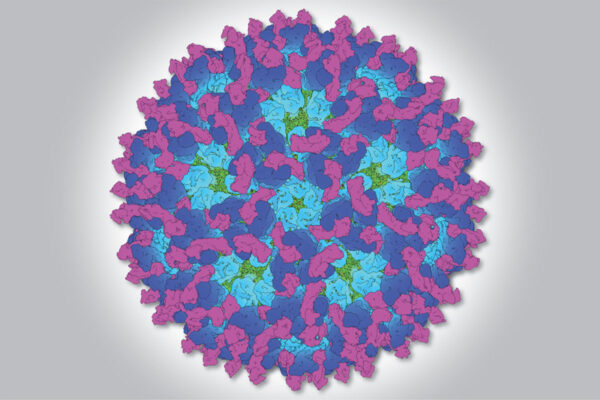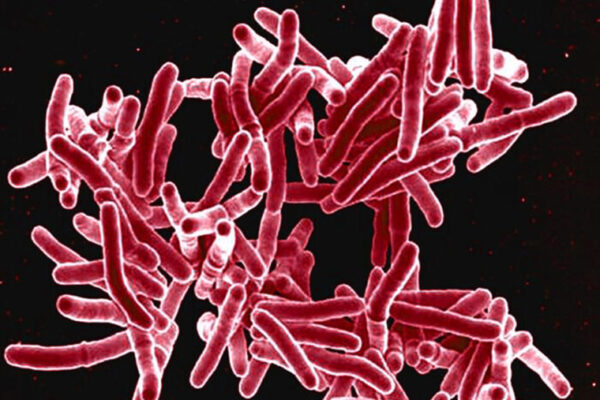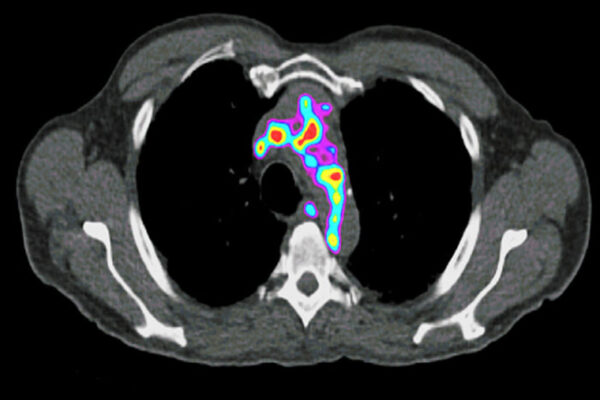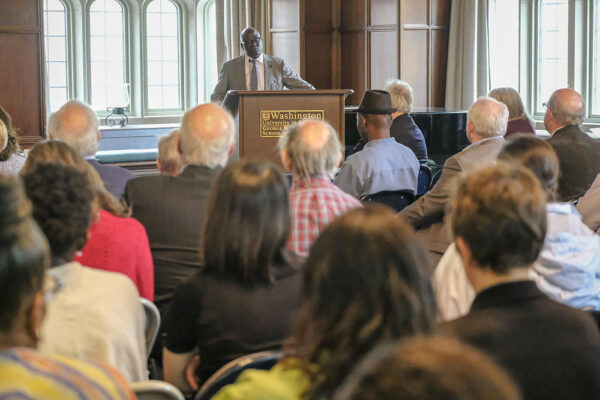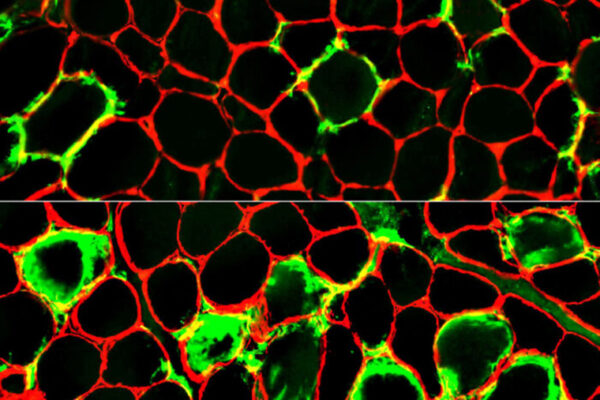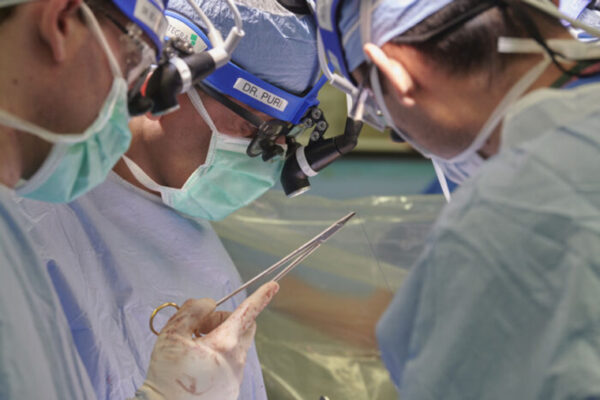What a snapshot image of chikungunya is revealing
School of Medicine researchers have snapped high-resolution pictures of the chikungunya virus latched onto a protein found on the surface of cells in the joints. The findings could accelerate efforts to find new ways to prevent or treat viral arthritis.
Drug-resistant tuberculosis reversed in lab
Mycobacterium tuberculosis cause the most lethal infectious disease in the world. Researchers at the School of Medicine and Umea University in Sweden have found a compound that can prevent and even reverse antibiotic resistance in tuberculosis bacteria.
$5.1 million to target silent cause of heart attacks, strokes
The School of Medicine’s Yongjian Liu has received an Emerging Investigator Award to find ways to detect plaque at risk of shedding fragments that could cause heart attacks or strokes.
Antibiotics may treat endometriosis
Researchers at the School of Medicine have found that treating mice with an antibiotic reduces the size of lesions caused by endometriosis. The researchers are planning a clinical trial to test the strategy in women who have the painful condition.
‘Lessons learned’ from engaging in Africa
Washington University in St. Louis is committed to engaging with its global partners to help address our biggest challenges together. This spirit of collaboration was evident at the inaugural meeting of the Africa initiative, held April 23 on the Danforth Campus.
Pregnancy shifts the daily schedule forward
New research from Washington University in St. Louis finds that women and mice both shift their daily schedules earlier by up to a few hours during the first third of their pregnancy. The new study shows how impending motherhood induces changes in daily timing of a mother which, when disrupted, may put a pregnancy at risk, as reported in the Journal of Biological Rhythms.
Newfound autoimmune syndrome causes muscle pain, weakness
School of Medicine researchers have identified a previously unknown, rare muscle disease that can be treated with immunosuppressing drugs.
Wearable motion detectors identify subtle motor deficits in children
A wristwatch-like motion-tracking device can detect movement problems in children whose impairments may be overlooked by doctors and parents, according to a new study from Washington University School of Medicine in St. Louis.
Despite health warnings, Americans still sit too much
A new study led by the School of Medicine shows that most Americans spend a lot of time sitting, despite public health messages that prolonged sitting is unhealthy. Such inactivity increases the risk of obesity, diabetes, heart disease and certain cancers.
New rules for lung transplants lead to unintended consequences
A policy change regarding the rules of lung distributions for transplants has had several unintended consequences, according to a new study from the School of Medicine.
Older Stories
